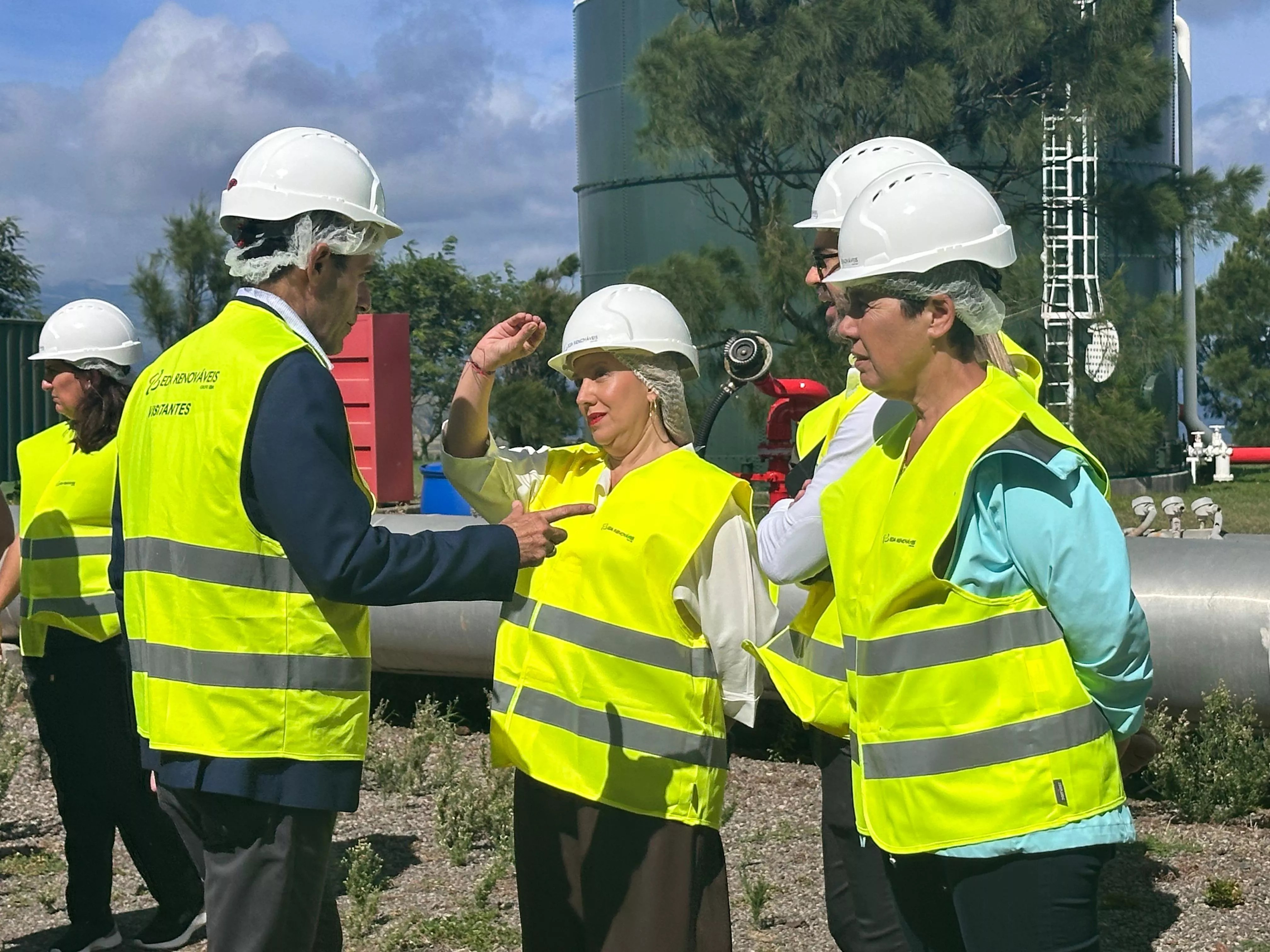The Canary Islands Audiovisual Cluster (CLAC) has expressed its concern about the new draft of the Master Plan for the Use and Management of the Teide National Park which, on pages 24 and 25, establishes the prohibition of audiovisual activities for advertising purposes, the installation of any fixed or removable element that involves the occupation of public space and reduces the number of members of the work team to two people.
Called a demonstration against the new Master Plan that aims to control access to Teide
Know more
In the opinion of the organization, the text only considers some exceptions for audiovisual works that are informative or to disseminate the values of the National Park. But, in short, these restrictions entail an almost total ban on filming in the enclave.
The Canary Islands Audiovisual Cluster, which represents more than 60 companies and public entities, has repeatedly expressed its intention to contribute to the protection of this National Park and hopes that talks can be held with the responsible bodies to make the Master Plan more flexible and accommodate the development of audiovisual activity in this Protected Natural Area.
Among the measures that are proposed are the introduction of tools and measures that ensure the correct use of the environment that could be the key to finding a balance within the PRUG: sustainability plans, the hiring of an Ecomanager, quality seals, a fee specifically for the accompaniment of a Park technician or other actions that may be considered.
The group has pointed out that there are many sectors that are exposing allegations to the Master Plan of the Teide National Park, due to the eminently restrictive nature of the draft, restrictions that affect both economic sectors and the population in general. All allegations can be addressed, until July 5, to the Ministry of Ecological Transition, Fight against Climate Change and Territorial Planning of the Government of the Canary Islands.
“The Canary Islands are a very important natural setting and that is one of the virtues and advantages that it offers in relation to other destinations. Without one of its signs of identity and claim, such as the Teide National Park, the development of the audiovisual sector, the only Cultural Economic Sector that has been declared strategic by the regional Parliament in 2009, and also in 2018 by the Cabildo de Tenerife , will see its activity drastically reduced”, he lamented.
Audiovisual production in the Teide National Park
Between 2017 and 2019, 45% of the shoots that took place in Tenerife dedicated at least one day of recording in the Teide National Park. However, most of them were photo shoots (40%) or television programs (14%), with a simple montage. Advertising spots accounted for 23% of total activity, documentaries 7.6%, feature films and series, 3% each, and short films 2%.
In other words, 63% of audiovisual production refers to projects with direct commercial purposes (advertising and photography), which indicates that large-scale filming is in the minority.
The Canary Islands Audiovisual Cluster is aware that the conservation of Natural Heritage and Sustainability are key factors and pillars in the development of the audiovisual sector. It is essential to keep control over filming and protect our environment. “The green shooting it is a reality and a firm commitment of the sector, at an international, national and regional level. Actions that are not respectful of the environment are not conceived”.
The sector has no record of damages caused to the environment derived from the execution of any audiovisual production in the National Park, nor have they been reported. He has assured that he is not aware that, in recent years, any of the bonds required from production companies have been withheld as a guarantee for filming in the Protected Natural Area.
If the Teide National Park is left out of the sights of the audiovisual sector, it will be a disaster and the opportunity to diversify the Canarian economy will disappear, which, as the Pact for the Social and Economic Reactivation of the Canary Islands (2020) points out, offers “an opportunity diversification into activities with high added value, attracting other types of services”.
















